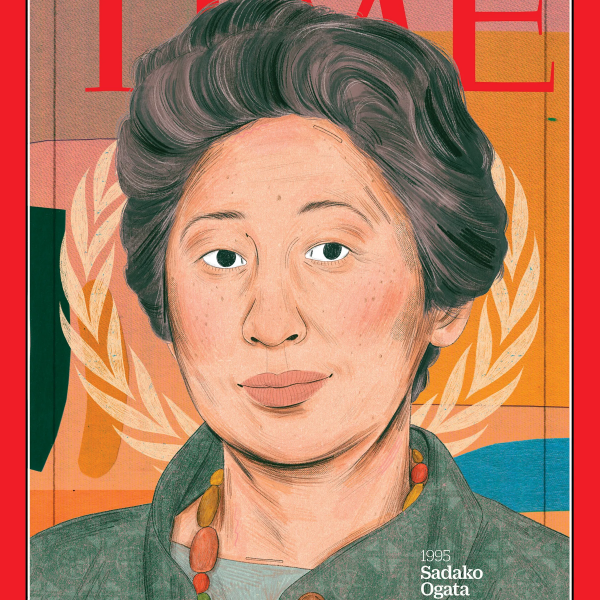Timothy J. White, Professor of Political Science at Xavier University in Cincinnati, Ohio, delivered a presentation on the road to Ireland’s peace treaty success and the position of the United States government. Approximately thirty students, faculty, and friends came to the event. After Professor White’s presentation, attendees posed questions on US foreign policy in relation to the treaty, and what the situation in Ireland and the UK today—notably in relation to Brexit—means to the international community today. By examining the actions of US foreign policy, especially those under the Clinton administration, Professor White posits the effective impact of soft power in foreign policy. Violence between Ireland and Northern Ireland was sparked in January 1972 on Bloody Sunday, and would continue for more than two and a half decades. The signing of the Good Friday Agreement or Belfast Agreement (depending on who you ask) was not only a major development towards peace in the region, but it was also a US diplomatic achievement. The agreement’s implementation faced major obstacles with reforming police and decommissioning weapons. After the St. Andrews Agreement in 2006, Sinn Féin, the left-wing Irish republican party dedicated to the reunification of Ireland, and the Democratic Unionist Party (DUP), which supports Northern Ireland’s remaining with the UK, agreed to share power in May 2007. However, this solution collapsed over corruption charges against the DUP in 2017. Repeated attempts to restore power-sharing have failed since January 2017. The situation will continue as a lack of trust, poor/inexperienced leadership, and uncertainty over Brexit loom overhead. In the case of the Irish peace treaty, recent history has made its way into the president. Particularly in exercises of soft power, success is subtle.
in the news:

Japan’s “five-foot giant” of international relations

Two Global Studies Majors Receive the Ethic of Service Award honors investment in St. Louis

Why Students Drop Classes in the First Week of the Semester by Eric Fournier

Arts & Sciences faculty integrate Literacies for Life and Career into their classrooms
Read more news
